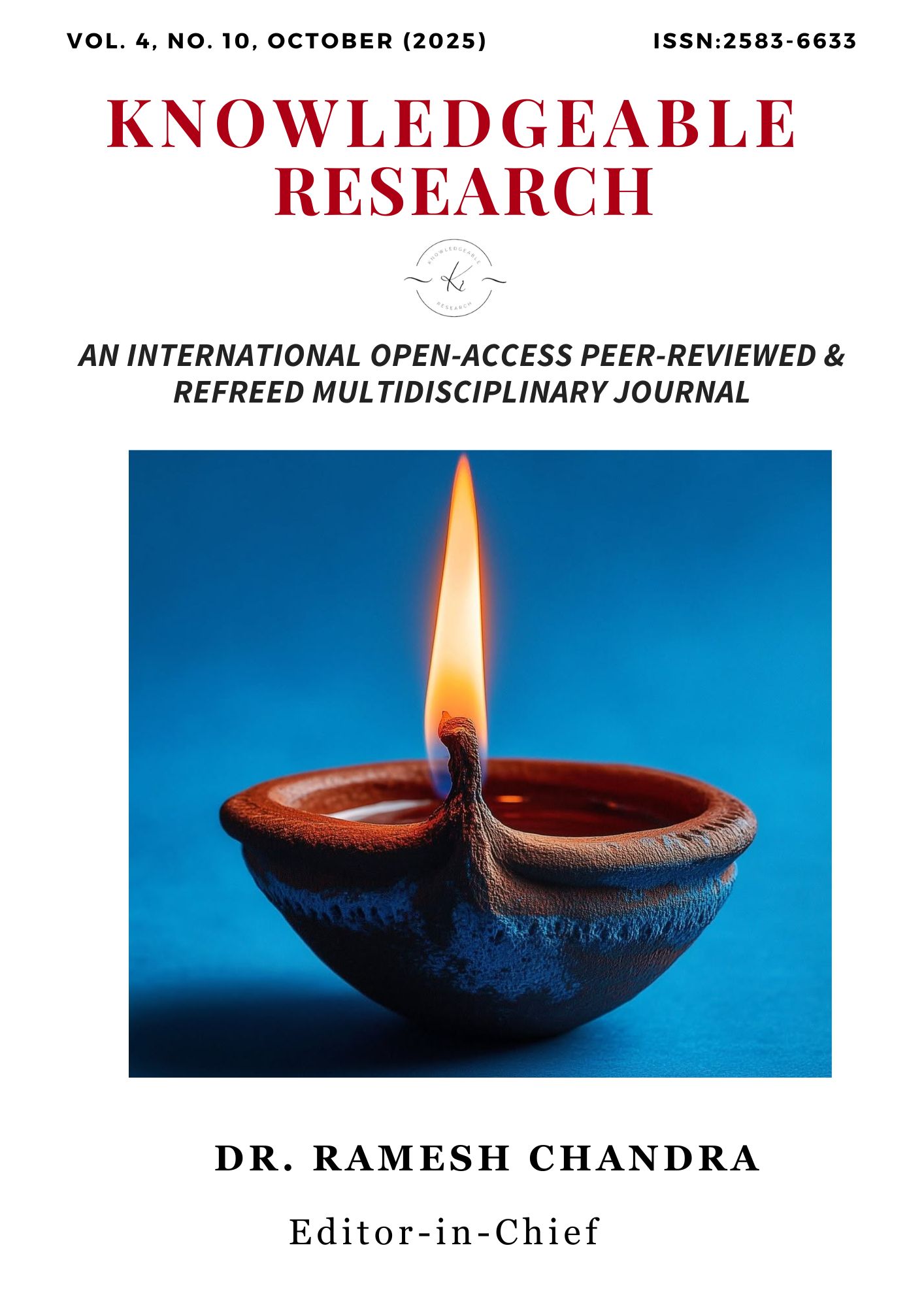The Role of Mathematics Education in Advancing Interdisciplinary Learning: Evidence from Mathematical Modeling in Universities
Main Article Content
Abstract
Mathematics education remains a cornerstone of higher education, providing the analytical tools needed across diverse fields. Yet, many students in economics, engineering, and data science struggle to see its relevance, often viewing mathematics as abstract and disconnected from their disciplinary work. One approach that has gained attention is mathematical modeling, where real-world problems are expressed and explored through mathematical representations. This study investigates how university students perceive mathematical modeling as a bridge between mathematics education and interdisciplinary learning. The Population (N = 1,000) consisted of all students (undergraduate and postgraduate, full-time and part-time) registered in the Engineering, Economics and Data Science departments at the three public universities in Nigeria during the study period. A survey of 250 students was conducted to capture perceptions across three dimensions: usefulness, relevance, and attitude. Data were analyzed using descriptive statistics and ANOVA to identify differences in how modeling was valued across contexts. Findings provide insights into how mathematics education can be reframed to foster interdisciplinary engagement, with implications for curriculum design in tertiary institutions.
Downloads
Article Details
Section

This work is licensed under a Creative Commons Attribution-NonCommercial 4.0 International License.

